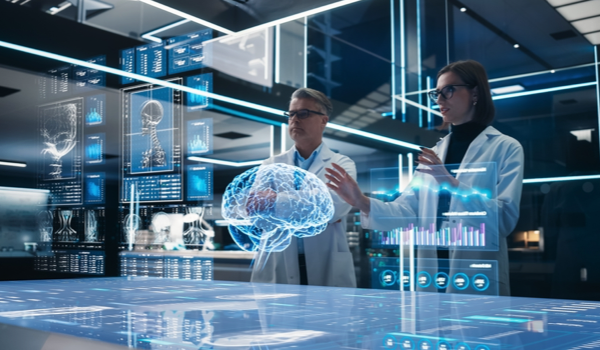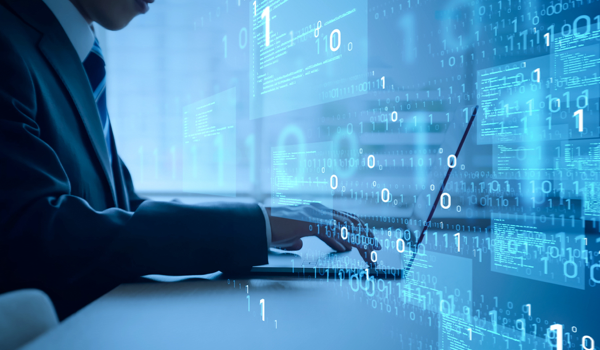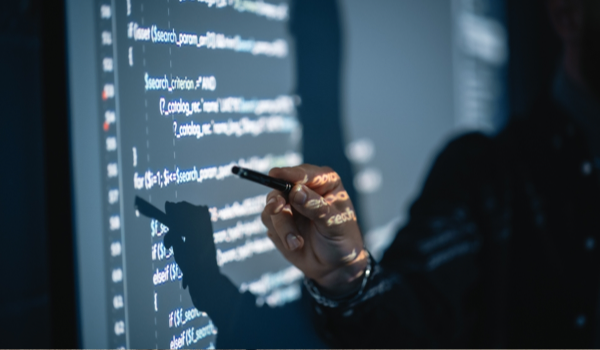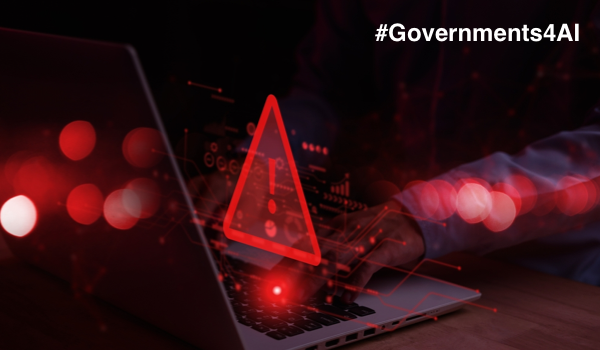


SEATTLE - In the past year, a cacophony of conversations about artificial intelligence (AI) has erupted. Depending on whom one listens to, AI is either carrying humanity into a shiny new world of endless possibilities or propelling it toward a grim dystopia. One might call these the Barbie and Oppenheimer scenarios - as attention-grabbing and different as the two Hollywood blockbusters of this summer. However, one conversation about all this is getting far too little attention, and that is corporate responsibility.
I joined Nike as its first Vice President of Corporate Responsibility in 1998, landing right in the middle of the biggest corporate crisis of the hyper-globalization era - the iconic sports and fitness company had become the face of labor exploitation in developing countries. Dealing with that affair and setting up corporate responsibility for Nike resulting in the learning of hard-earned lessons, which can now help guide efforts to navigate the current AI revolution.
There is a key difference between the situation in today’s world and that of 25 years ago. Taking place in the late 1990s, the Nike drama played out relatively slowly. When it comes to AI, however, humanity does not have the luxury of time. As a reminder, this time last year most people had never heard of generative AI. The technology entered people’s collective awareness like a lightning strike in late 2022, and everyone has been trying to make sense of it ever since.
As things currently stand, generative AI companies have no externally imposed guardrails, which risks making guinea pigs of everyone. There is nothing normal about this. If Boeing or Airbus introduced an airplane that promised to be cheaper and faster but was potentially very dangerous, no one would accept that risk. Similarly, a pharmaceutical company that launched an untested product while warning that it might be toxic would be found criminally liable for the sickness or death it
The content herein is subject to copyright by Project Syndicate. All rights reserved. The content of the services is owned or licensed to The Yuan. The copying or storing of any content for anything other than personal use is expressly prohibited without prior written permission from The Yuan, or the copyright holder identified in the copyright notice contained in the content. Continue with Linkedin
Continue with Linkedin
 Continue with Google
Continue with Google









 1212 views
1212 views








